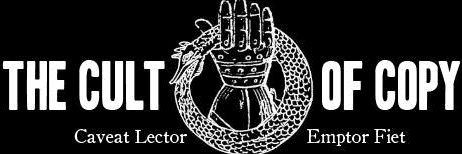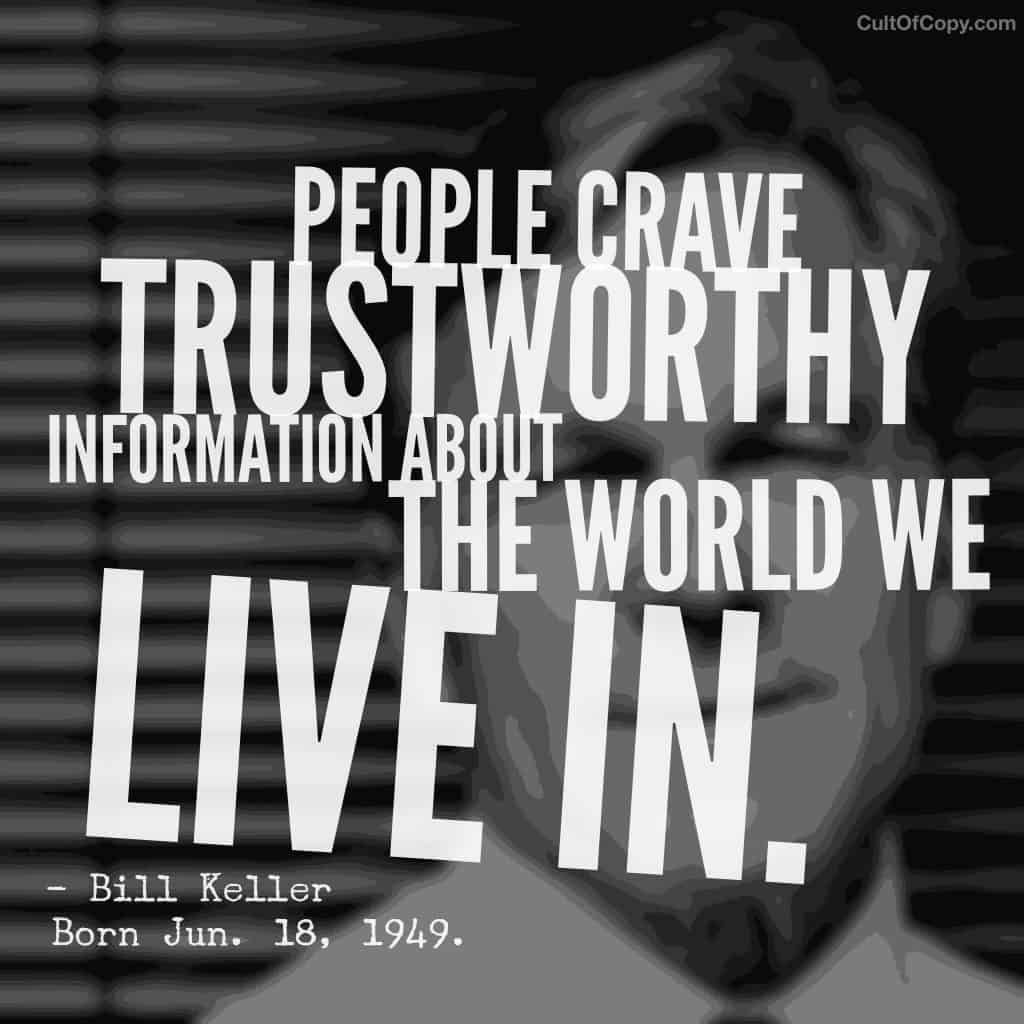“People crave trustworthy information about the world we live in. Some people want it because it is essential to the way they make a living. Some want it because they regard being well-informed as a condition of good citizenship. Some want it because they want something to exchange over dinner tables and water coolers.” – Bill Keller, Born Jun. 18, 1949.
Before we dive into this, I have a caveat – here we are discussing trust. Which is about what people *believe* is true. It may not actually be true – but what we want to learn today is how to make people BELIEVE and TRUST you, whether you’re telling the “truth” or not…
You can make people move mountains for you if you can get them to trust you that they need to be moved.
But until they buy or do what you ask of them, and prove whatever promises you made to be true, then you're not TRUST-worthy. Not for real.
So you need them to make a leap of faith to believe whatever “proof” you may have provided. They have to believe your promises of results and satisfaction. On faith alone. And then take the leap and do what you ask.
But how do you get them to do that when they just met you?
1. Be casual. Open with formality as dictated by etiquette, but as soon as possible, drop the facade of formality for a position of comfort and familiarity. As though you're talking to an old friend. This says (without saying) that you trust them enough to be real. They want to reciprocate.
2. Credentials of authority. You do the work and live the life and that should just be obvious without you having to say it. It should be discoverable and confirmable when people sniff around (the Internet makes this easy). You are walking the walk, and others acknowledge it.
3. Make promises. People love promises, because they have been conditioned to believe that one should never break a promise. Therefore, if someone is making one, they must therefore strive to keep it.
And promises about the future are essentially predictions. People confident enough to make predictions are perceived to “know things” the audience doesn't. And people love being privy to inside knowledge.
Cover these three well, and you should be more than capable of getting people to gamble on you because they don't know why… Just something about you…

